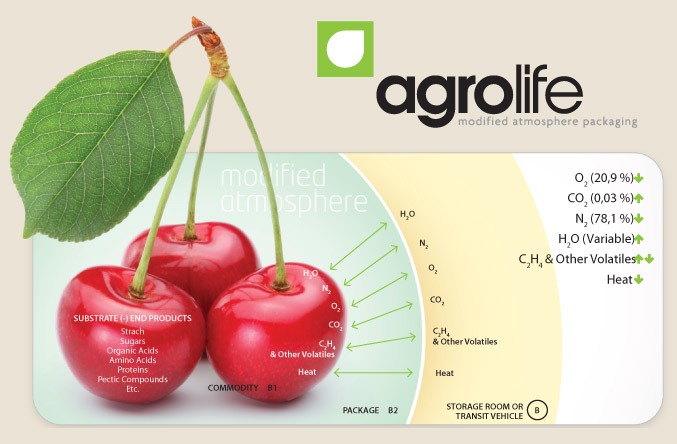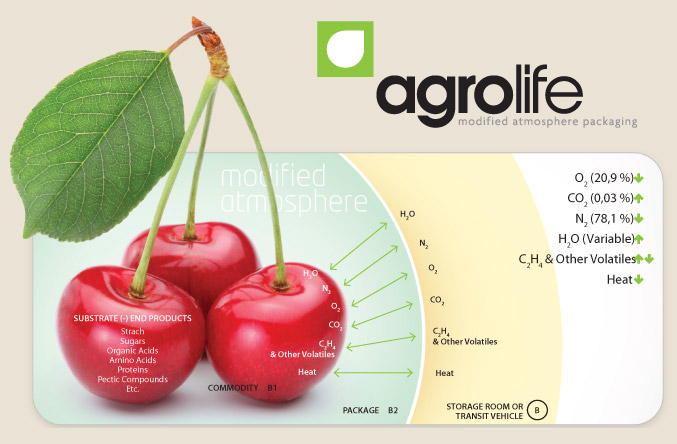What Are Modified Atmosphere Bags?
At the heart of this technology are modified atmosphere bags, specialized packaging materials designed to create a controlled environment around the product. These bags are engineered with permeability properties that allow the exchange of gases at specific rates, ensuring that the internal atmosphere remains stable.
Modified atmosphere bags are tailored for a variety of applications, including the packaging of fruits, vegetables, and fresh herbs. By maintaining optimal gas levels inside the bag, they minimize respiration rates, slow down ripening, and reduce spoilage. These bags have become a cornerstone in the global effort to combat food waste, offering a cost-effective and eco-friendly way to preserve perishables during transport and storage.
Benefits of Modified Atmosphere Technology
One of the primary advantages of modified atmosphere storage is its ability to extend the shelf life of perishable goods without relying on chemical preservatives. This not only caters to the growing demand for clean-label products but also ensures that the natural flavor, texture, and nutritional value of the food are preserved.
Moreover, the use of modified atmosphere bags enhances the visual appeal of fresh produce. By maintaining vibrant colors and reducing shrinkage, these bags make products more attractive to consumers, driving sales and reducing waste at the retail level. The technology also supports longer transport times, enabling businesses to expand their market reach without compromising product quality.
Applications Across Industries
The versatility of modified atmosphere storage has made it indispensable in multiple industries. In agriculture, it helps farmers and distributors maintain the freshness of fruits and vegetables, even during long-haul shipments. The meat and seafood industries leverage this technology to prevent spoilage and maintain the tenderness and flavor of their products.
Bakery products also benefit significantly, as modified atmosphere bags slow down staling and mold growth. This allows manufacturers to extend the distribution timeline of bread and other baked goods, meeting consumer demand for fresh products without frequent restocking. Additionally, this technology is increasingly being applied in non-food sectors, such as pharmaceuticals and biotechnology, where maintaining specific environmental conditions is crucial.
Sustainability and the Future
As the world grapples with the environmental challenges posed by food waste and plastic pollution, modified atmosphere storage is evolving to address these issues. Advances in biodegradable and recyclable modified atmosphere bags are paving the way for more sustainable solutions. These innovations aim to balance the benefits of extended shelf life with the need to minimize environmental impact.
The future of this technology lies in its integration with smart packaging systems. Sensors embedded in modified atmosphere bags could monitor gas levels in real-time, providing actionable data to manufacturers and retailers. Such advancements will not only enhance product safety but also improve inventory management, reducing losses across the supply chain.
Final Thoughts
The introduction of modified atmosphere storage and the widespread adoption of modified atmosphere bags have marked a significant milestone in food preservation. By combining science with innovation, this technology has transformed the way perishables are stored and transported.






Comments